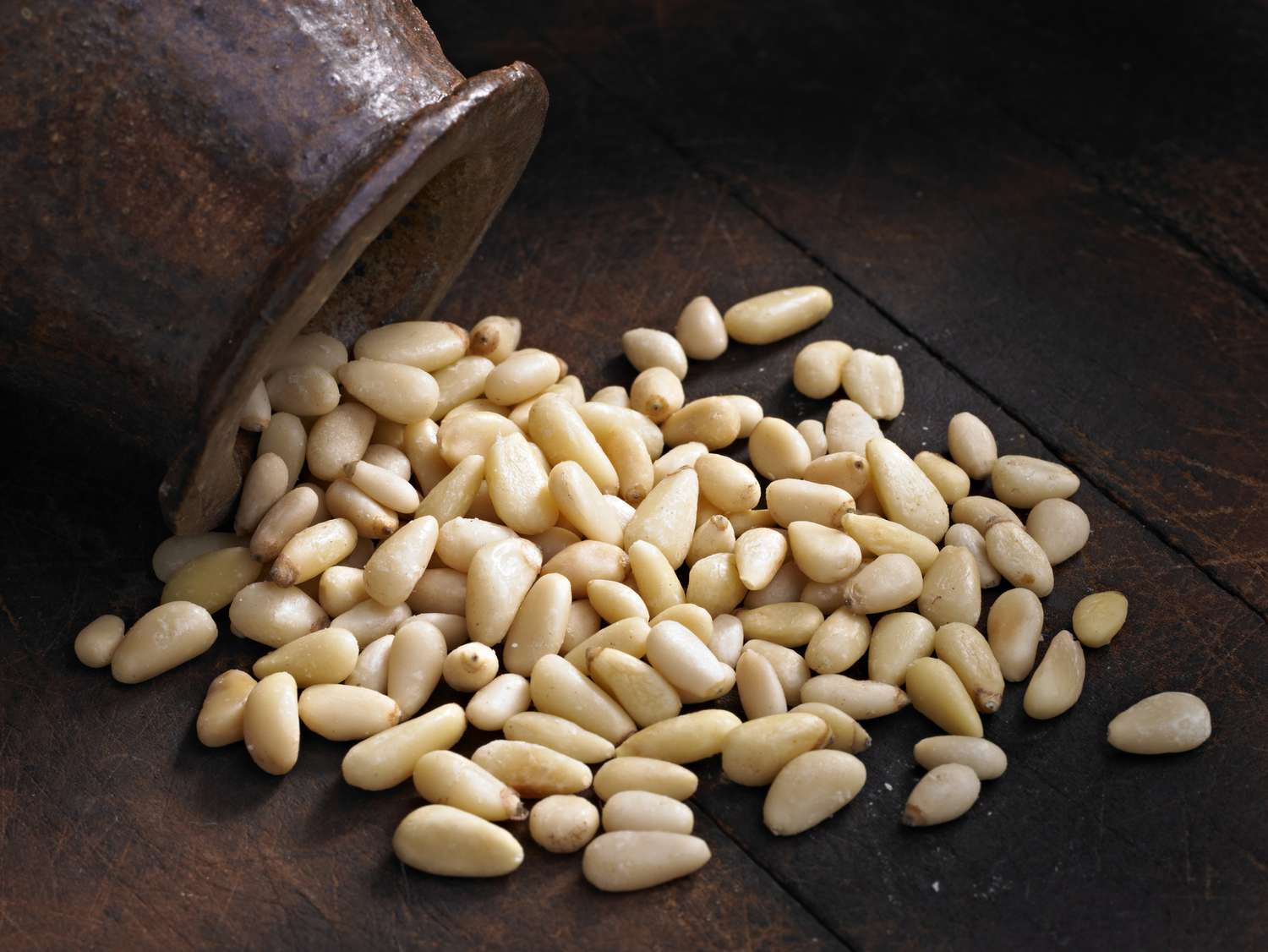

Articles
How To Store Pine Nuts
Modified: December 7, 2023
Learn the best techniques for storing pine nuts with our informative articles. Keep your pine nuts fresh and flavorful for longer with these helpful tips.
(Many of the links in this article redirect to a specific reviewed product. Your purchase of these products through affiliate links helps to generate commission for Storables.com, at no extra cost. Learn more)
Introduction
When it comes to cooking, pine nuts are a small but mighty ingredient that can add a burst of flavor and texture to a wide range of dishes. Whether you’re using them in pesto, salads, or as a topping for roasted vegetables, proper storage is crucial to maintain their freshness and prevent spoilage.
Pine nuts are the edible seeds of pine trees and are commonly harvested from several species, including the stone pine and the Korean pine. These tiny nuts have a creamy texture and a delicate, slightly sweet flavor, making them a popular choice in various cuisines around the world.
However, pine nuts can be quite expensive, and wasting them due to improper storage would be a culinary tragedy. To ensure that your pine nuts remain fresh and flavorful for as long as possible, it’s important to understand the optimal storage conditions and techniques.
In this article, we will explore the best practices for storing pine nuts to extend their shelf life and preserve their quality. We will cover everything from storing them in the pantry to freezing them for long-term storage. So let’s dive in and learn how to store pine nuts like a pro!
Key Takeaways:
- Store pine nuts in airtight containers in a cool, dark place to maintain freshness. Avoid moisture, heat, and strong odors to preserve their delicate flavor and texture.
- Consider freezing pine nuts for long-term storage, ensuring they remain fresh for up to 12 months. Label and date containers, and thaw them in the refrigerator when ready to use.
Read more: How To Store Pine Nuts After Opening
Understanding Pine Nuts
Before we delve into the storage techniques, let’s take a moment to understand the nature of pine nuts. These little gems are packed with essential nutrients, making them not only a delightful addition to your dishes but also a healthy one.
Pine nuts are an excellent source of healthy fats, particularly monounsaturated fats like oleic acid. They also contain a good amount of protein, fiber, and vitamins such as vitamin E and vitamin K. Additionally, they are rich in minerals like magnesium, zinc, and manganese.
While pine nuts offer numerous health benefits, they are also sensitive to environmental factors like temperature, humidity, and light. Exposure to excessive heat or moisture can cause the nuts to spoil quickly, lose their flavor, or even become rancid.
Furthermore, pine nuts have a high oil content, which means they are prone to oxidation. This can result in a stale or bitter taste, making it crucial to store them properly to maintain their freshness and quality.
Now that we understand the importance of proper storage for pine nuts, let’s move on to the best conditions and methods to keep them in optimal condition for as long as possible.
Proper Storage Conditions
When it comes to storing pine nuts, the key is to create an environment that minimizes exposure to factors that can cause deterioration. The ideal storage conditions for pine nuts include:
- Temperature: Pine nuts should be stored in a cool and dry place. The recommended temperature range is between 32°F (0°C) and 48°F (9°C). Avoid exposing them to direct sunlight or high temperatures, as this can accelerate the degradation process.
- Humidity: Pine nuts thrive in a low humidity environment. Moisture can lead to the growth of mold or bacteria, which can spoil the nuts. Aim for a humidity level of around 50% or lower.
- Airflow: Proper airflow is important to prevent the accumulation of excess moisture and to maintain the freshness of the nuts. Avoid storing them in airtight containers, as this can trap moisture and lead to spoilage.
- Light: Prolonged exposure to light can cause the nuts to deteriorate more quickly. Store pine nuts in a dark or opaque container to shield them from light.
To ensure that you meet these storage conditions, consider the following methods for storing pine nuts.
Storing Pine Nuts in the Pantry
If you plan to use your pine nuts within a few weeks, storing them in your pantry can be an effective and convenient option. Here’s how you can do it:
- Transfer to airtight containers: Remove the pine nuts from their original packaging, as these are often not airtight. Transfer them to airtight containers, such as glass jars or resealable bags, to protect them from moisture and air exposure.
- Label and date: Remember to label the containers with the date of storage. This will help you keep track of their freshness and prevent using stale nuts.
- Store in a cool, dark place: Find a cool spot in your pantry away from direct sunlight or heat sources, such as the stove or oven. A well-ventilated area with a stable temperature is ideal.
- Avoid storing near strong odors: Pine nuts can easily absorb strong odors from nearby spices or foods. To preserve their delicate flavor, keep them away from pungent ingredients or odorous items.
Remember to check on your stored pine nuts periodically. If you notice any signs of spoilage, such as a rancid smell or a change in color, discard them immediately.
While storing pine nuts in the pantry is convenient for short-term use, it’s essential to note that they have a higher risk of going rancid compared to other nuts. If you plan to keep them for an extended period, it’s best to consider freezing them for long-term storage.
Store pine nuts in an airtight container in the refrigerator or freezer to keep them fresh for longer. The cold temperature will help prevent the nuts from going rancid.
Freezing Pine Nuts
If you want to extend the shelf life of your pine nuts beyond a few weeks, freezing is a great option. Freezing not only helps preserve their freshness but also prevents them from going rancid. Here’s how you can freeze your pine nuts:
- Preparation: Start by spreading the pine nuts in a single layer on a baking sheet. This will prevent them from clumping together during the freezing process.
- Flash freeze: Place the baking sheet with the pine nuts in the freezer and allow them to freeze for about 2 hours. This initial freeze will ensure that the nuts freeze individually and will prevent them from sticking together.
- Transfer to freezer-safe containers: Once the nuts are partially frozen, transfer them to freezer-safe containers or resealable freezer bags. Squeeze out any excess air before sealing to minimize the risk of freezer burn.
- Label and date: Don’t forget to label the containers or bags with the date of freezing. Pine nuts can be stored in the freezer for up to 12 months, but it’s best to use them within 6 months for optimal taste.
When you’re ready to use the frozen pine nuts, simply take out the desired amount and thaw them in the refrigerator overnight or at room temperature for a few hours. Avoid thawing them in the microwave, as this can cause uneven heating and may affect their texture and flavor.
Note that freezing can result in a slight change in the texture of pine nuts. They may become slightly softer after thawing, but this won’t affect their taste or usability in recipes.
Freezing is a great way to preserve large quantities of pine nuts or if you know you won’t be using them within a few weeks. However, if you regularly use pine nuts in your cooking, storing them in an airtight container in the pantry may be more convenient.
Read more: How To Store Nuts
Using Airtight Containers for Storage
Another effective method for storing pine nuts is by using airtight containers. Airtight containers provide a protective barrier against air, moisture, and odors, helping to maintain the freshness and flavor of the nuts. Here’s how to store pine nuts in airtight containers:
- Choose the right container: Opt for glass jars or high-quality plastic containers with tight-fitting lids. Make sure they are clean and dry before transferring the pine nuts.
- Transfer the pine nuts: Remove the pine nuts from their original packaging and transfer them to the airtight container. Ensure that the container is large enough to hold the quantity of pine nuts you wish to store.
- Remove excess air: Before sealing the container, press down gently to remove any excess air. This will help minimize the chances of the nuts becoming stale.
- Seal and label: Securely seal the container and label it with the date of storage. This will assist you in keeping track of their freshness and ensure that you use them within a reasonable time frame.
- Store in a cool, dark place: Place the airtight container in a cool, dark spot in the pantry or kitchen cupboard. Avoid storing them near heat sources or in areas exposed to direct sunlight.
Keep in mind that even when stored in airtight containers, pine nuts should be consumed within a few months to maintain their optimal quality and taste. Regularly check for any signs of spoilage, such as a rancid smell or discoloration, and discard any nuts that appear to have gone bad.
Using airtight containers is a convenient and effective method of storage, especially if you frequently use smaller quantities of pine nuts in your recipes. It allows for easy access and keeps the nuts fresh until you’re ready to use them.
Tips for Prolonging Pine Nut Shelf Life
To maximize the shelf life of your pine nuts and ensure they stay fresh and flavorful for as long as possible, consider the following tips:
- Buy fresh pine nuts: Start with high-quality, fresh pine nuts. Purchasing from a reputable source will ensure that the nuts are not already stale or nearing their expiration date.
- Store in small batches: If you frequently use pine nuts in your cooking, consider storing them in smaller batches to minimize exposure to air and moisture. This way, you won’t have to repeatedly open and close a large container, which can accelerate their deterioration.
- Avoid moisture exposure: Moisture is the enemy of pine nuts. Keep them away from humid environments, such as the refrigerator door or near the sink. Even a slight exposure to moisture can cause them to spoil or become rancid.
- Keep away from heat: Pine nuts are sensitive to heat, which can cause them to go rancid quickly. Store them in a cool area, away from heat sources like the stove or oven.
- Use dark, opaque storage containers: Light can accelerate the degradation process of pine nuts. Opt for dark or opaque containers to protect them from light exposure and help maintain their quality.
- Avoid frequent temperature fluctuations: Rapid temperature changes can affect the stability of pine nuts. Keep them in a place with a stable temperature to prevent them from absorbing moisture or becoming stale.
- Don’t mix with strong-smelling ingredients: Pine nuts easily absorb odors, so it’s important to keep them away from strong-smelling ingredients like spices or pungent foods. If storing different nuts together, use separate containers to prevent cross-contamination of flavors.
- Regularly check for freshness: Periodically inspect your pine nuts for any signs of spoilage, such as a rancid smell, change in color, or abnormal texture. If you notice any of these signs, it’s best to discard them.
By following these tips, you can prolong the shelf life of your pine nuts and ensure they are always ready to enhance your culinary creations with their delicious flavor.
Conclusion
Pine nuts are a versatile and nutritious ingredient that can elevate the flavor of various dishes. To ensure that you enjoy the full freshness and flavor of this culinary gem, proper storage is essential. By understanding the characteristics of pine nuts and following the right storage techniques, you can prolong their shelf life and preserve their quality.
Whether you choose to store pine nuts in the pantry, freeze them for long-term storage, or use airtight containers, it’s crucial to consider factors like temperature, humidity, airflow, and light exposure. By keeping them in cool, dry, and dark environments, you can prevent spoilage and maintain their delicate taste.
When storing pine nuts, it’s also important to be mindful of their high oil content and susceptibility to oxidation. Regularly checking for signs of spoilage and using them within a reasonable time frame will help you enjoy the best taste and texture in your recipes.
Remember, fresh and flavorful pine nuts can make a significant difference in your culinary creations. By implementing these storage techniques and tips, you can optimize the shelf life of your pine nuts and make the most out of this delicious ingredient.
So, the next time you buy a batch of pine nuts, store them properly and savor their delightful taste in all your favorite dishes!
Frequently Asked Questions about How To Store Pine Nuts
Was this page helpful?
At Storables.com, we guarantee accurate and reliable information. Our content, validated by Expert Board Contributors, is crafted following stringent Editorial Policies. We're committed to providing you with well-researched, expert-backed insights for all your informational needs.
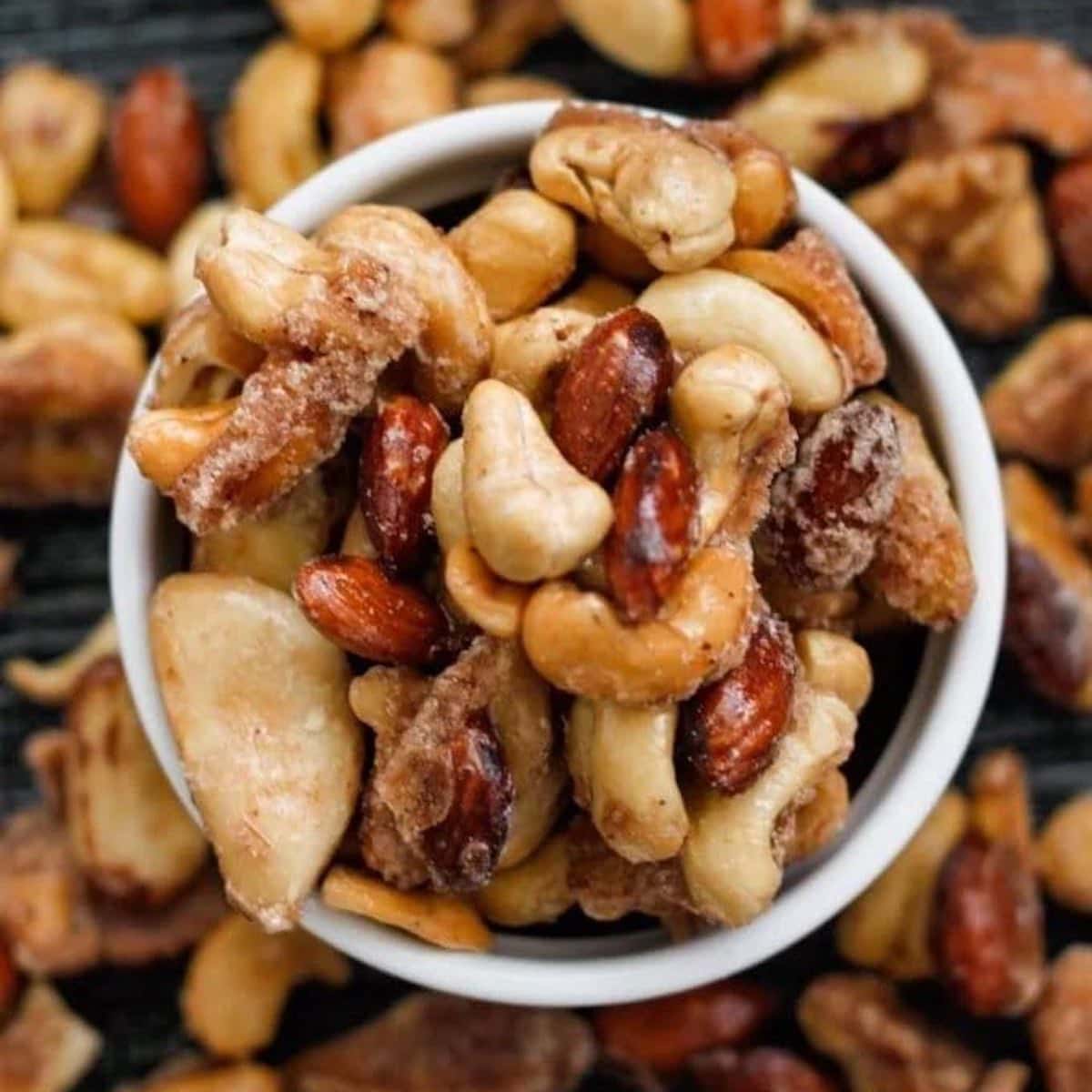
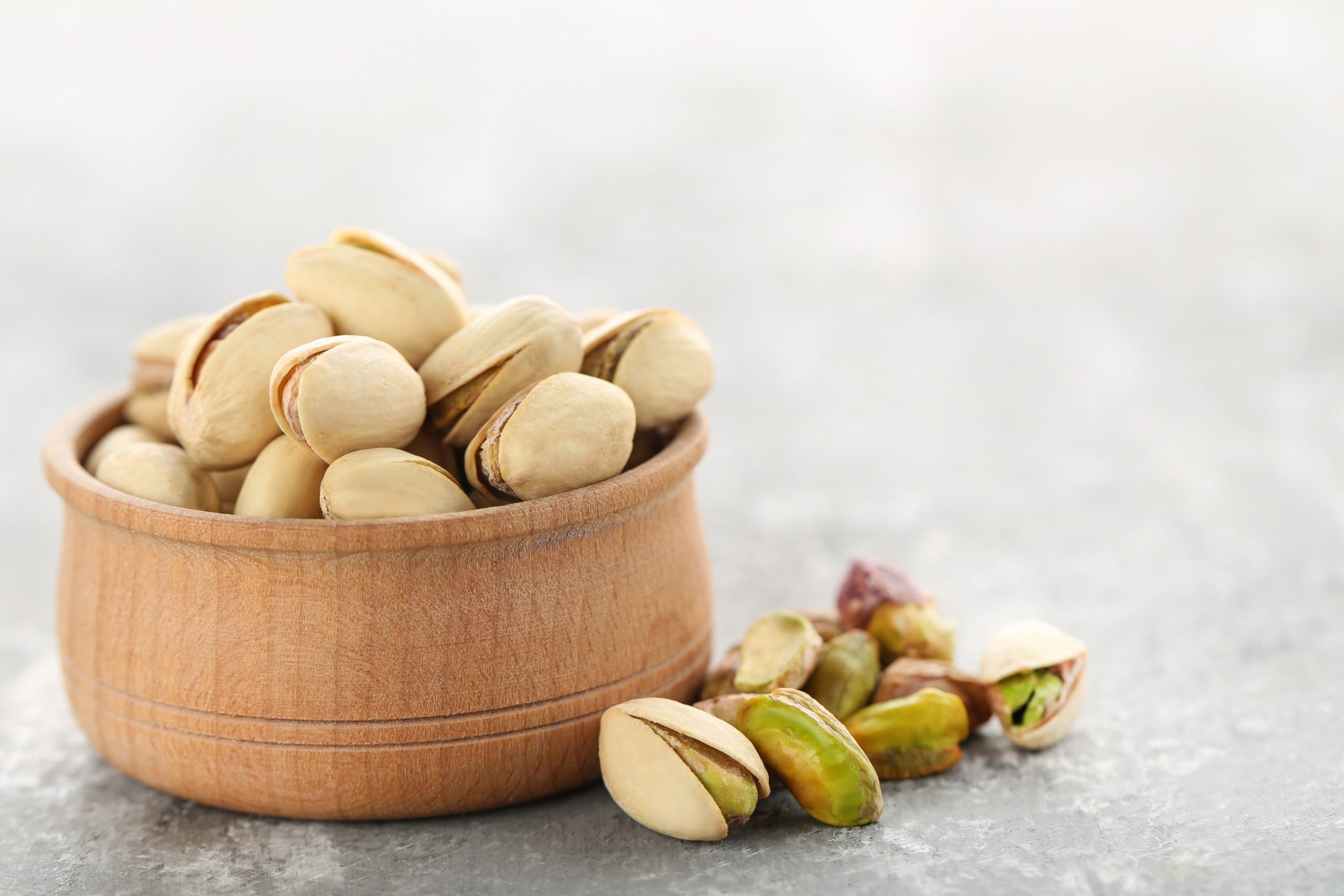
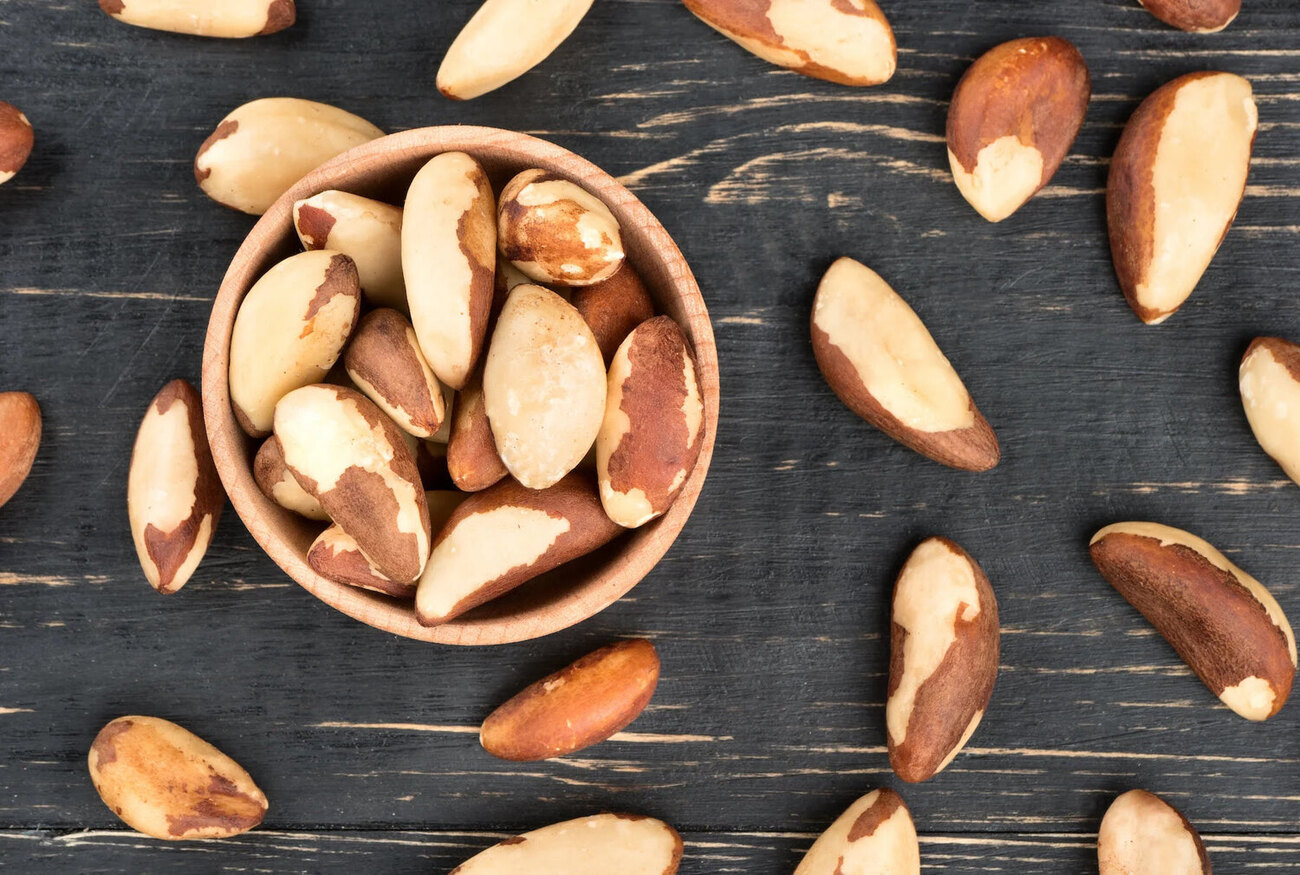
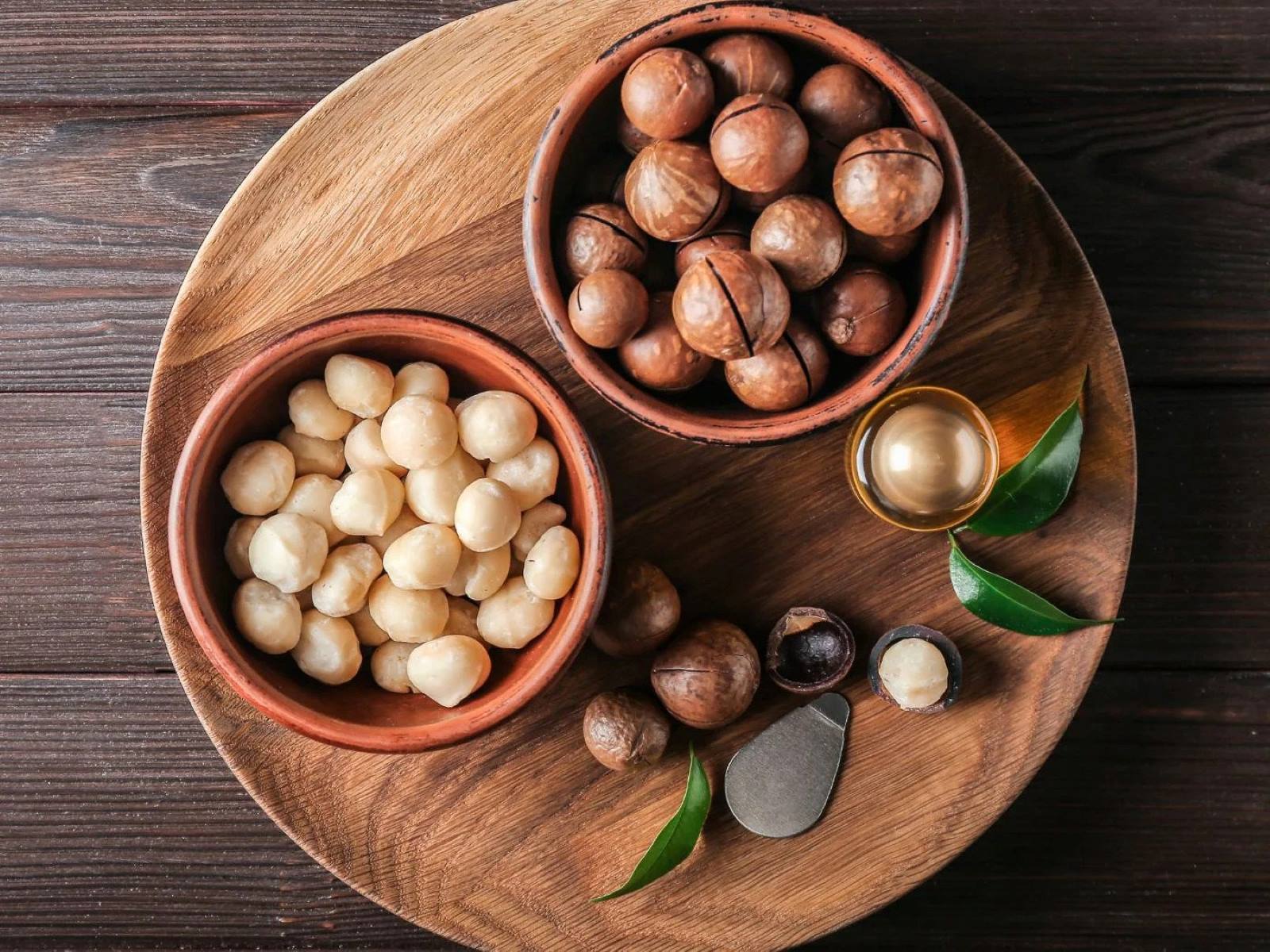
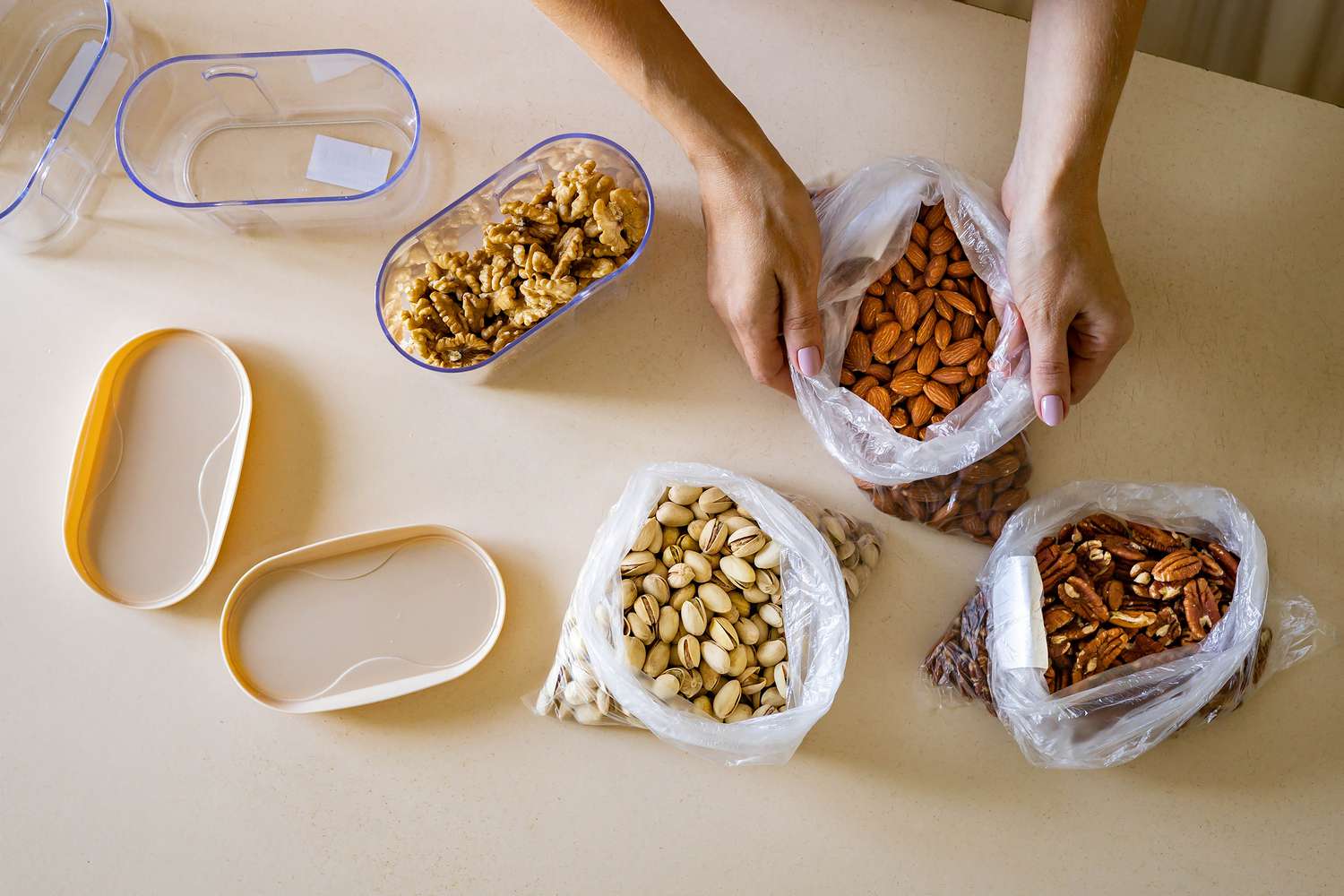
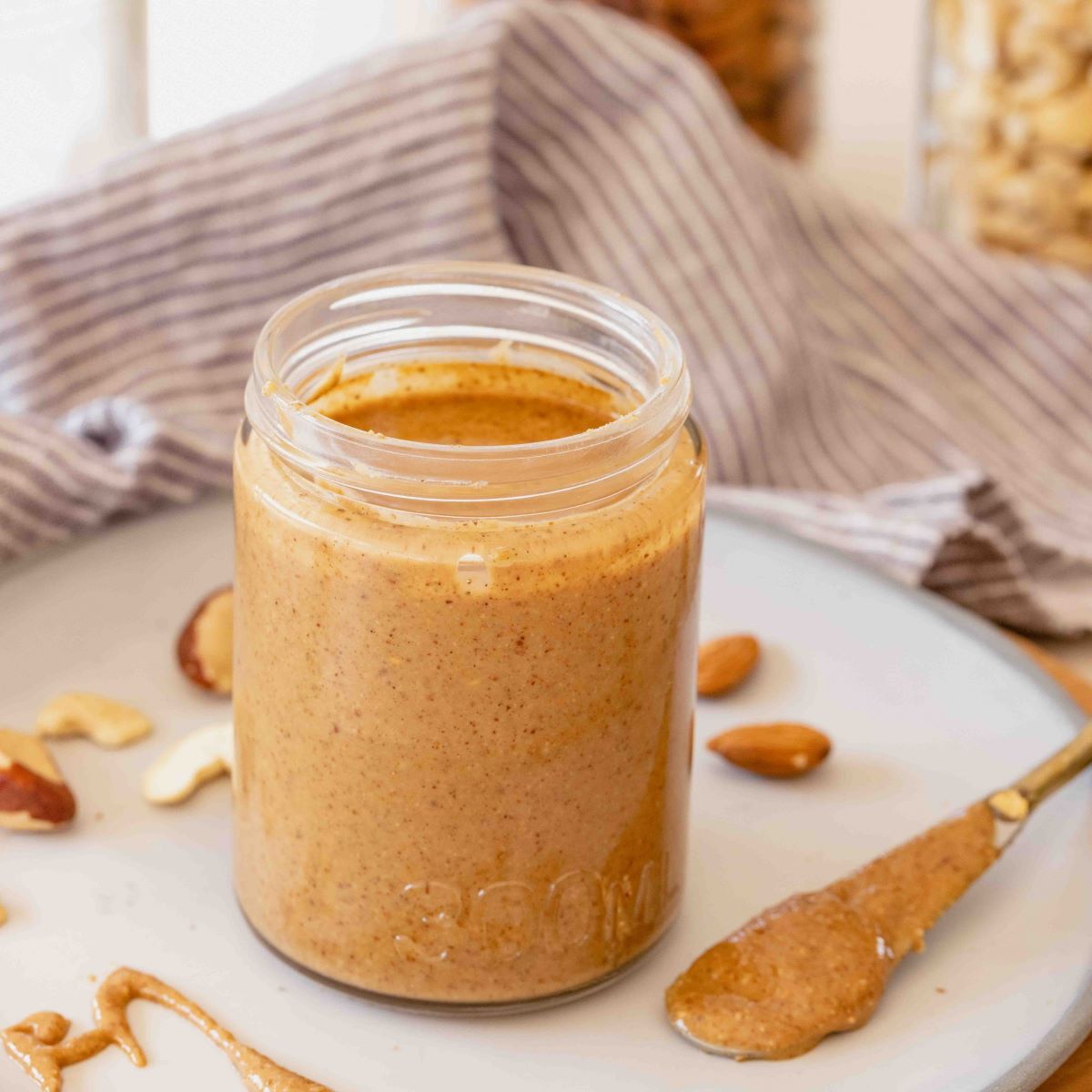
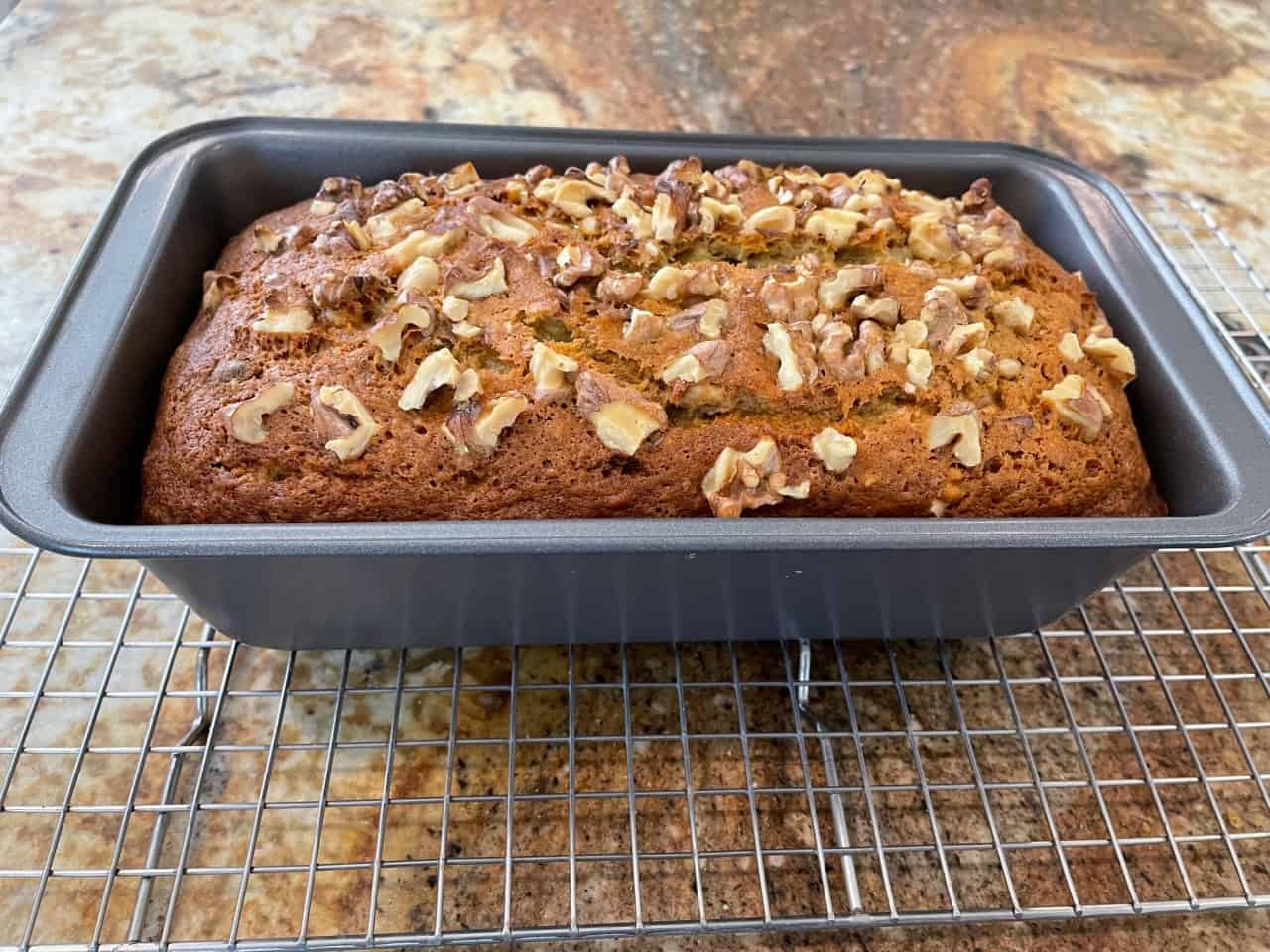
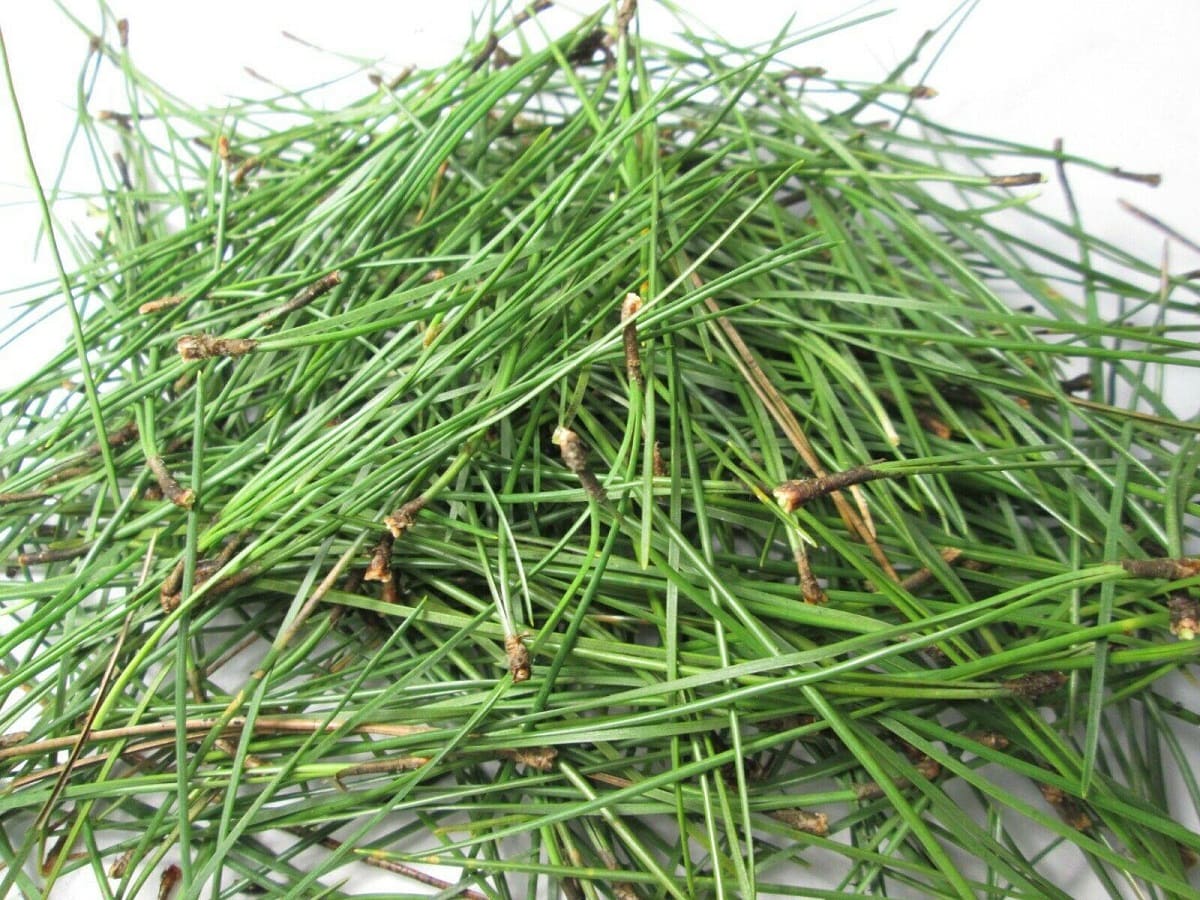
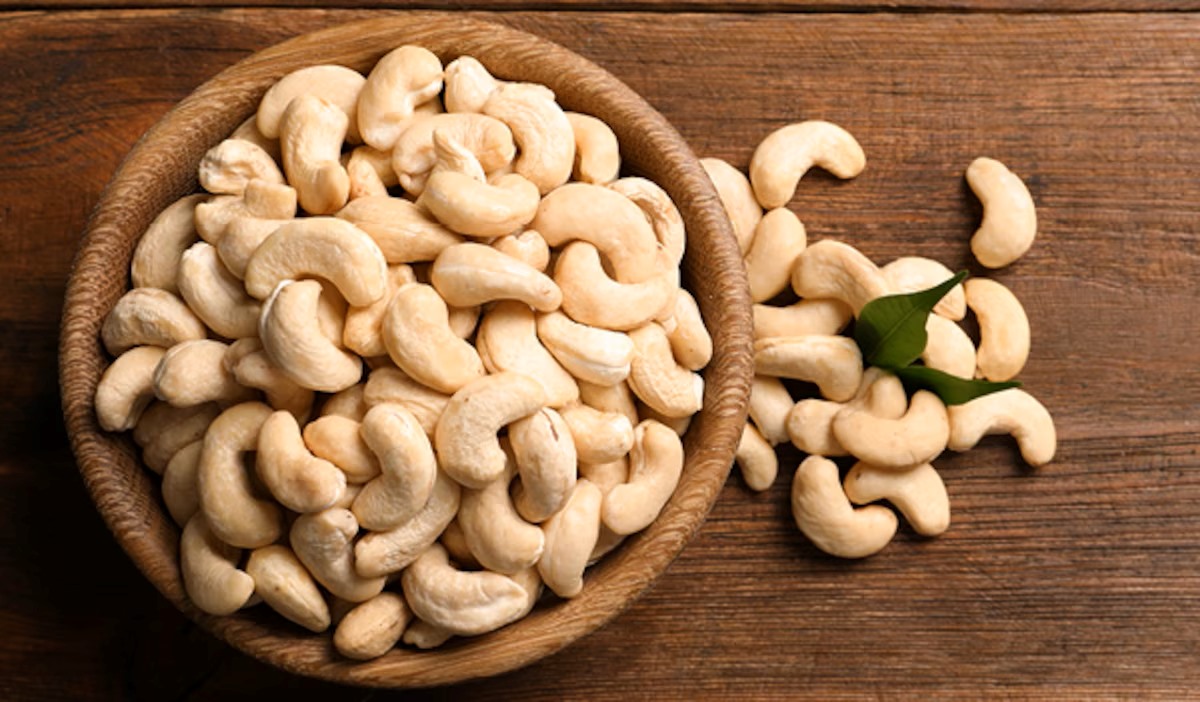
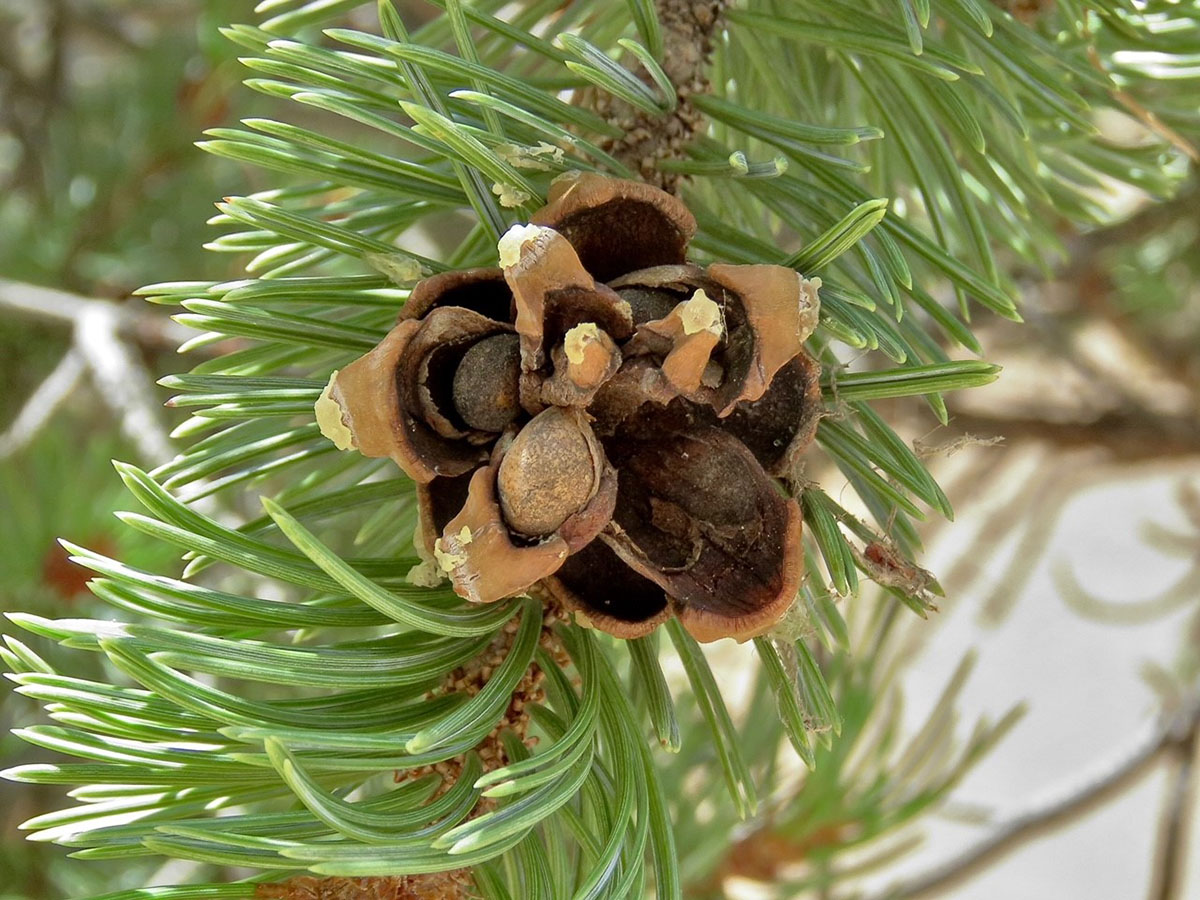
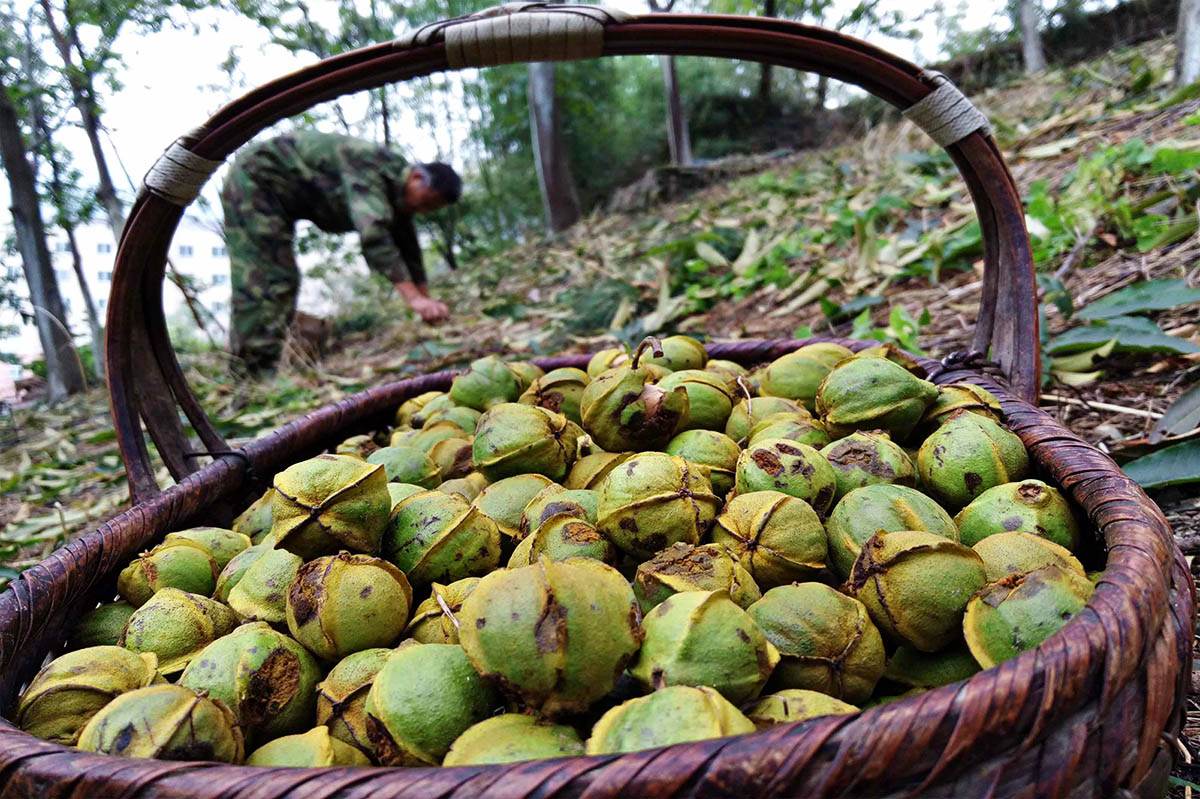
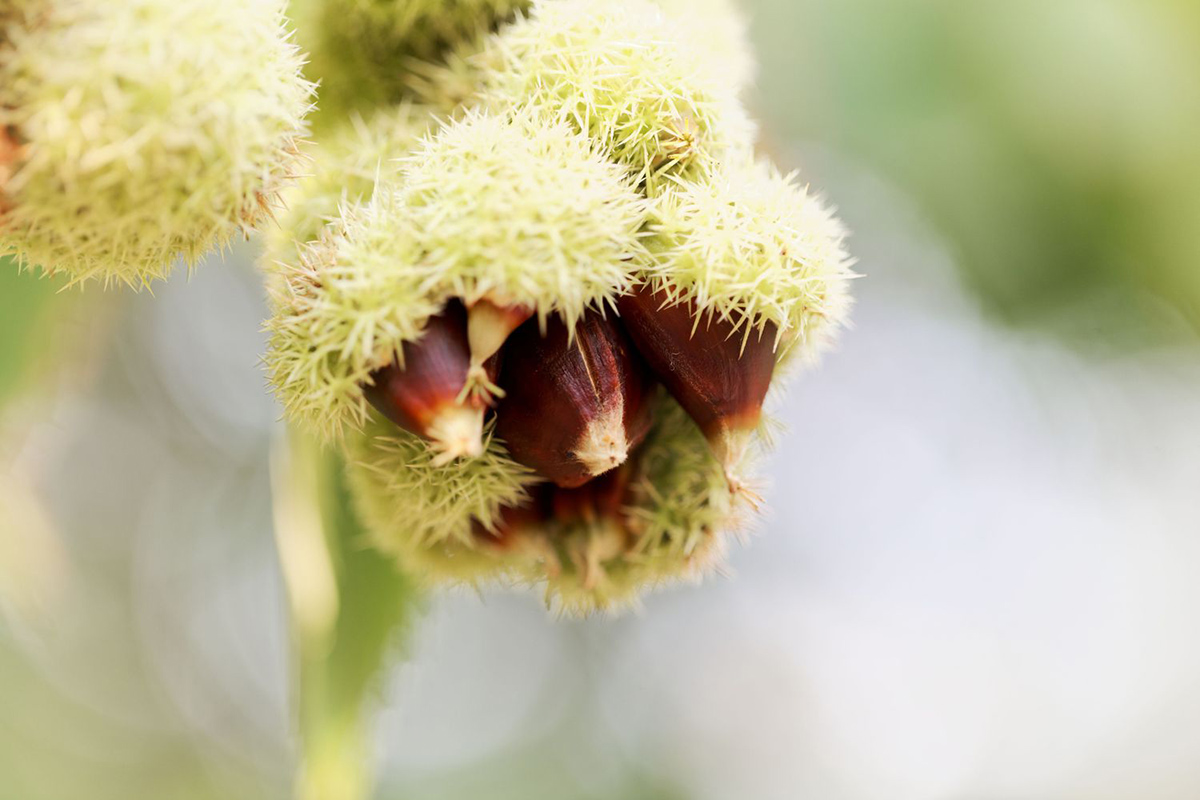

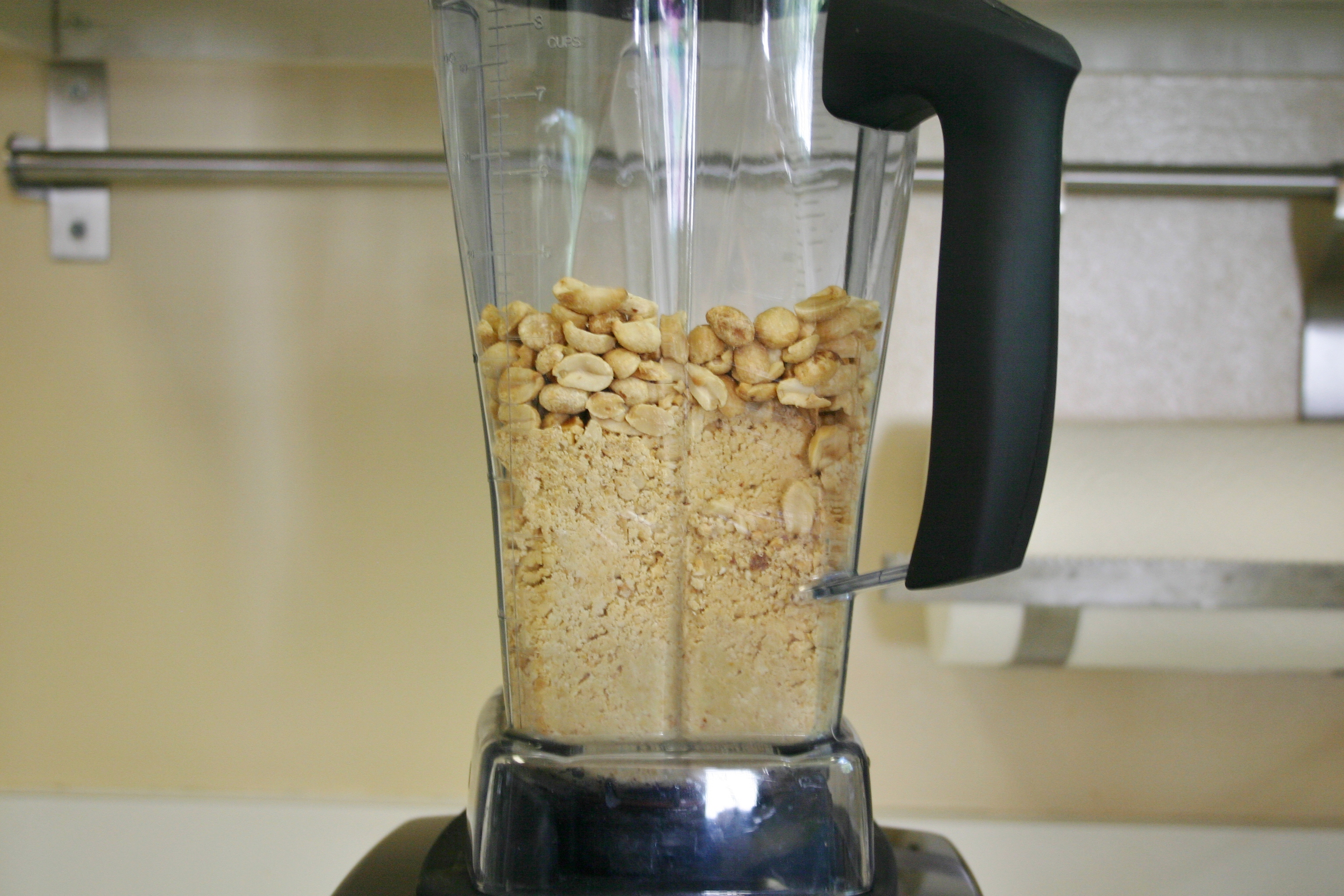

0 thoughts on “How To Store Pine Nuts”